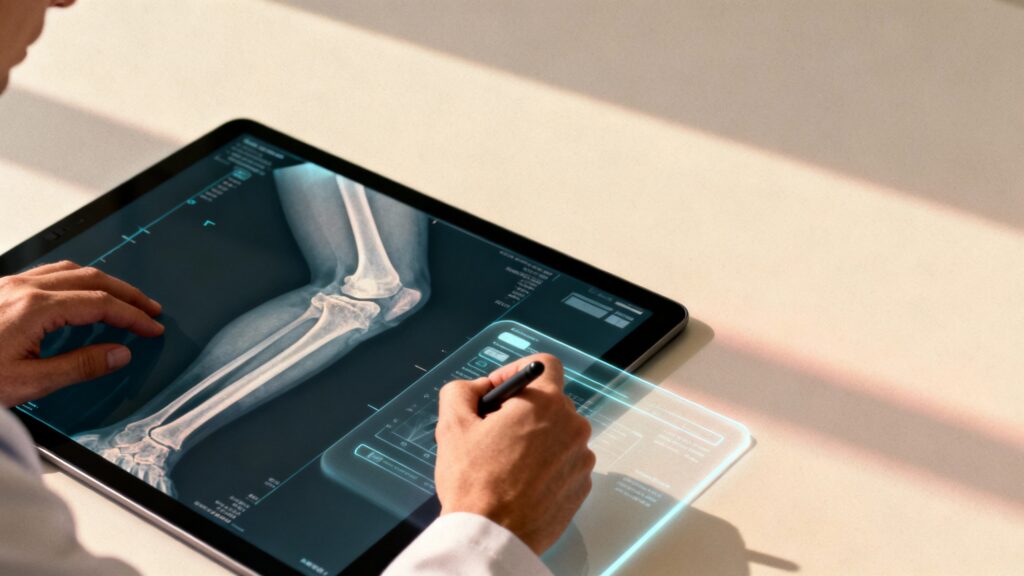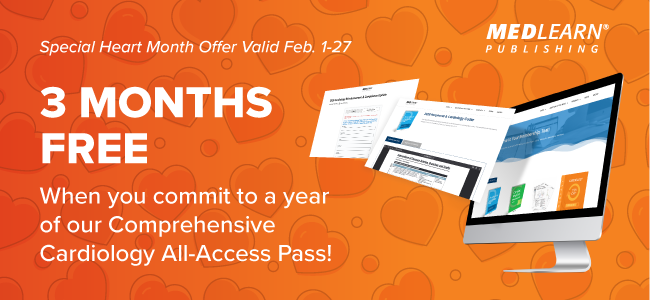While drafting a presentation to the senior leadership committee, the presenter wants to know: should both functions be combined?
First, an interesting bit out of Becker’s today: the largest percentage of nurses leaving hospital work (or the profession) are those younger than 35. A much smaller percentage of the 49-plus crowd left many can afford to retire with union pensions or good 401K returns —whereas those between 35 and 49 pretty much stuck around. Nursing schools must not be teaching students that they are bullet-proof anymore. Being somewhere north of 35 I figure I’m good, nothing’s killed me yet.
Which brings me to my thoughts for today.
A fellow member of the American Case Management Association (ACMA) asked on our message board a question about formation of a CM/UM department. She is working on a presentation to the senior leadership about team structure, skills, profiles, and duties for the CM department. She is looking for suggestions on how to define the UM function.
Excellent question. Case management and UM can be structured in different ways: combining UM and CM into a single role or dividing them into separate roles in the same department. Some hospitals and systems have formed completely separate departments, often in a centralized, system-wide remote location. Personally, I think the last two are bad ideas, or at least more challenging to make them as effective as all falling under one department and on-site. Feel free to disagree. I still, have things to learn.
First, it’s not a job where old nurses with bad backs go to die — or physicians wanting to get off the train for a slower paced occupation as a PA. Boy, won’t you be disappointed! (Apologies to all nurses who were injured in the line of duty.) By all this I mean CM, UM and PA work are specialties demanding a certain acquired skill set. It starts with the right people:
- Those who have demonstrated clinical competency. Why? Because the reviewer must understand the treatment plan in order to make any judgments about it or interventions in support
- Good communicators. UM is all about communication, with clinicians and payers
- Fearless. Good UM professionals have to be ready to communicate with providers and payers concisely and with conviction
- Friendly, because people will do for friends what they won’t do for anyone else
- Have the ability to think beyond InterQual and MCG. Both are applicable only 70 to 75 percent of the time. The rest of the time the UM professional must think critically and independently
How the position and unit are structured is dependent on the overall organization or system. My preference is and may always be based on personal interaction. I honestly don’t know how anyone gets the job done 100 percent remotely. I suspect there are both benefits (centralization) and drawbacks (lacking prior mentioned relational value). One day I may oversee one and I’ll get back to you.
UM is more than just evaluating a medical record, it’s having impact with the clinicians to teach them how to do the mundane, such as getting status orders right, to the more complex such as clinical documentation improvement. After all, who is better situated than someone who critiques medical records all day to talk with providers about CDI?
UM and CM department leadership are a part of the organization’s UM Committee: people who can identify trends and effectively present them to medical staff for consideration. An effective UM Committee is not only an information processing body, but an interpreting body with a mission to educate. And sometimes that is actually achieved.
To be clear, per the Medicare Conditions of Participation, the UM Committee has a wide-ranging scope beyond what the UM department brings to the table.
UM, CM, PA. All are specialties, not some add on ancillary service with poorly defined missions. Those of us in these specialties, especially those new to these roles, must start with self-respect, self-recognition and pride in our special place in organizational success.

























